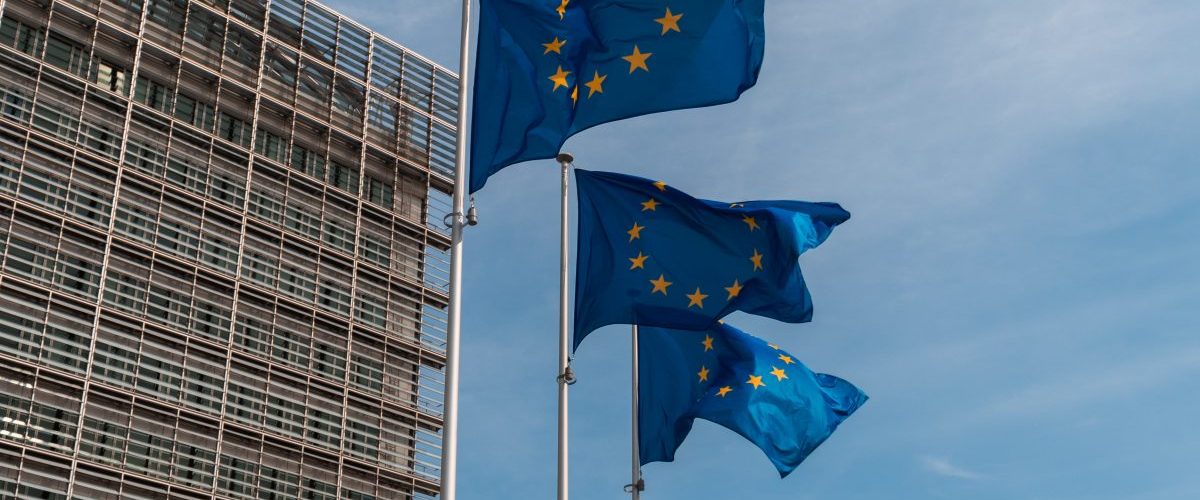1. Approves the Council draft;
2. Calls on the Council to notify Parliament if it intends to depart from the text approved by Parliament;
3. Asks the Council to consult Parliament again if it intends to substantially amend the text approved by Parliament;
4. Instructs its President to forward its position to the Council, the Commission and the national parliaments.
On 5 February 2018, the Council consulted the Parliament on a proposal for a Council Directive amending Directive 2006/112/EC as regards rates of value added tax issued by the Commission on 18 January 2018[2].
The Parliament delivered its opinion on 3 October 2018[3].
On 7 December 2021, the Council reached an agreement as regards rates of value added tax (VAT)[4].
However, given fundamental differences between the 18 January 2018 text of the Commission on which the Parliament was initially consulted and the text unanimously agreed in Council, the latter decided to re-consult the Parliament.
According to the agreed text by the Council, existing derogations that allowed some Member States to apply preferential VAT rates for certain products are now opened to all Member States.
The list of goods and services for which reduced VAT rates are allowed is strongly extended (e.g. the Annex III to Directive 2006/112/EC). However, to prevent a proliferation of reduced rates, the Council decided to limit the number of items to which reduced rates could be applied.
Phase-out periods are introduced for existing reduced rates applied to products having a detrimental impact on the environment. Reduced rates or exemptions on fossil fuel, other goods with similar impact on greenhouse gas emissions, such as peat and wood used for firewood, shall cease to be applied by 1 January 2030, and on chemical pesticides and chemical fertilisers shall cease by 1 January 2032.
In its letter requesting re-consultation, the Council is asking the Parliament to deliver its opinion as soon as possible and by 15 March 2022 at the latest.
The text agreed in the Council, although not fully in line with the EP opinion, takes some crucial elements proposed by the European Parliament into account. Notably, it underlines that it should be possible for Member States to accommodate local conditions, preferences and traditions or choose a simple and uniform tax rate, while avoiding using reduced VAT rates for harmful or luxury products.
Overall, the deal struck by the Council on this delicate subject is not only a step in the right direction towards using taxation to build a greener Europe. It also maintains the flexibility for Member States to lower VAT on essential products to benefit low-income households and, as such, tackle the regressiveness of the VAT system.
However, there is urgency to move to a definitive VAT system based on the principle of taxation in the country of destination.
Therefore the Council should adopt quickly the COM(2018) 329 amending Directive 2006/112/EC as regards the introduction of the detailed technical measures for the operation of the definitive VAT system for the taxation of trade between Member States.
Taking into account the time needed to transpose the Directive in Member States’ legislation and the high political unity to speed up its adoption, your rapporteur proposes that Parliament approves the proposal without amendments pursuant to a simplified procedure without amendments (rule 52).
Source: europarl.europa.eu















